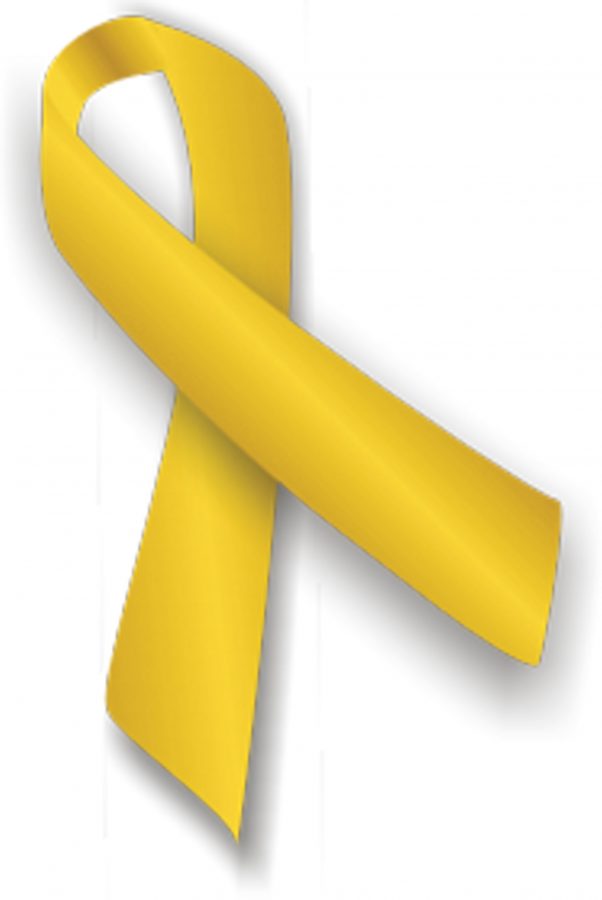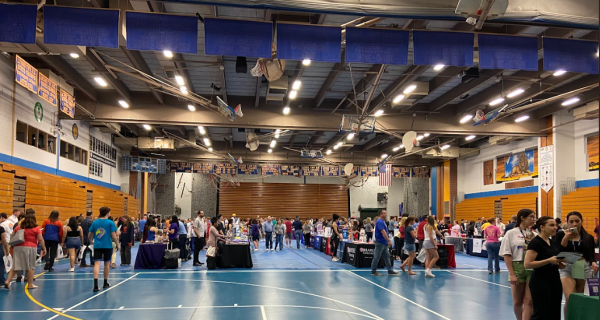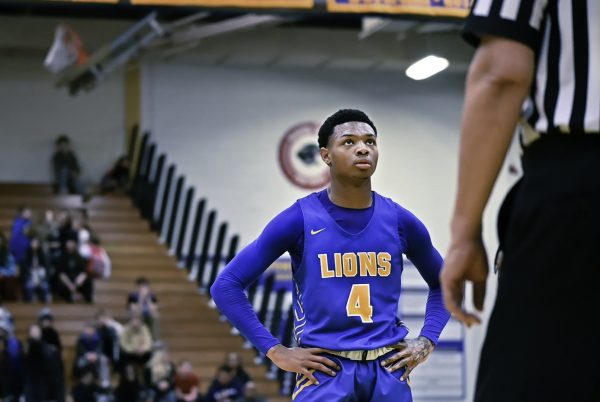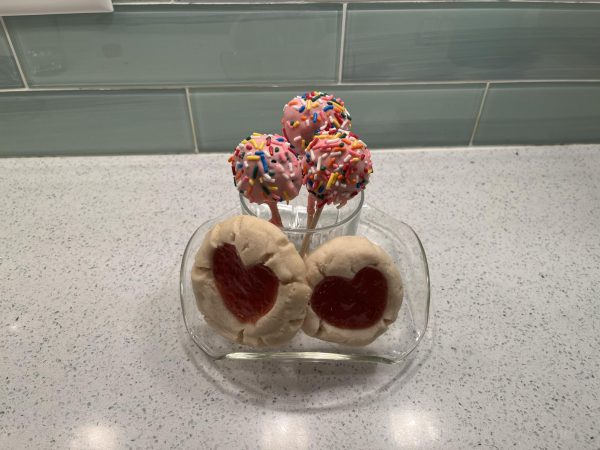September marks go gold for pediatric cancer
September 12, 2016
Very few are aware that September marks the month for pediatric cancer awareness. The gold ribbon represents all pediatric cancer patients. As a two-time acute lymphoblastic leukemia (ALL) patient, I have always brought awareness to the cause no matter what month it was. Within the past few years, September “Go Gold!” has being gaining more publicity due to Facebook posts, news stories and the Chicago Cubs first baseman Anthony Rizzo. Rizzo was diagnosed in 2008 at age 18 with Hodgkin’s Lymphoma right after the Boston Red Sox Organization drafted him.
In the LT community, we have two students (including myself) currently being treated for a pediatric cancer. Although large amounts of money go toward cancer research, only 4% of that is used toward pediatric research. Aren’t they treating the same cancers as adults? Yes, the disease may share a name, but children are not just “small adults” when it comes to medical world. Children metabolize medicines differently and their bodies are not fully developed like an adult.
Over the summer, I was fortunate enough to have been selected by Ann and Robert H. Lurie Children’s Hospital of Chicago to represent the hematology/oncology department in a conference in Barcelona, Spain. The conference was hosted by Hospital Sant Joan de Déu Barcelona, the largest children’s hospital in Spain. The focus was clinical trials and trying to make them more appealing to young patients and their families. The head of the International Children’s Advisory Network (iCAN), Dr. Charlie Thompson, is the Senior Director of Pediatrics, Vaccines and Infectious Diseases at Pfizer (a global pharmaceutical corporation). In simple terms, his job is to make sure that drug companies consider doing a clinical trial on children in addition to adults. In some cases it is valid for a company not to test the medicine on children, for example, Alzheimer’s medicines would not need to be tested on children, but other tests can be lifesaving Since almost all medicines in clinical trials are tested on adult males, and pediatric cancer research is only receiving 4% of funding, there are many benchmarks being missed due to lack of financial support.
This September, do your part of raising awareness for pediatric cancer funding by donating to organizations, adding a frame to your profile picture on Facebook, sharing an article on the lack of funding/support.





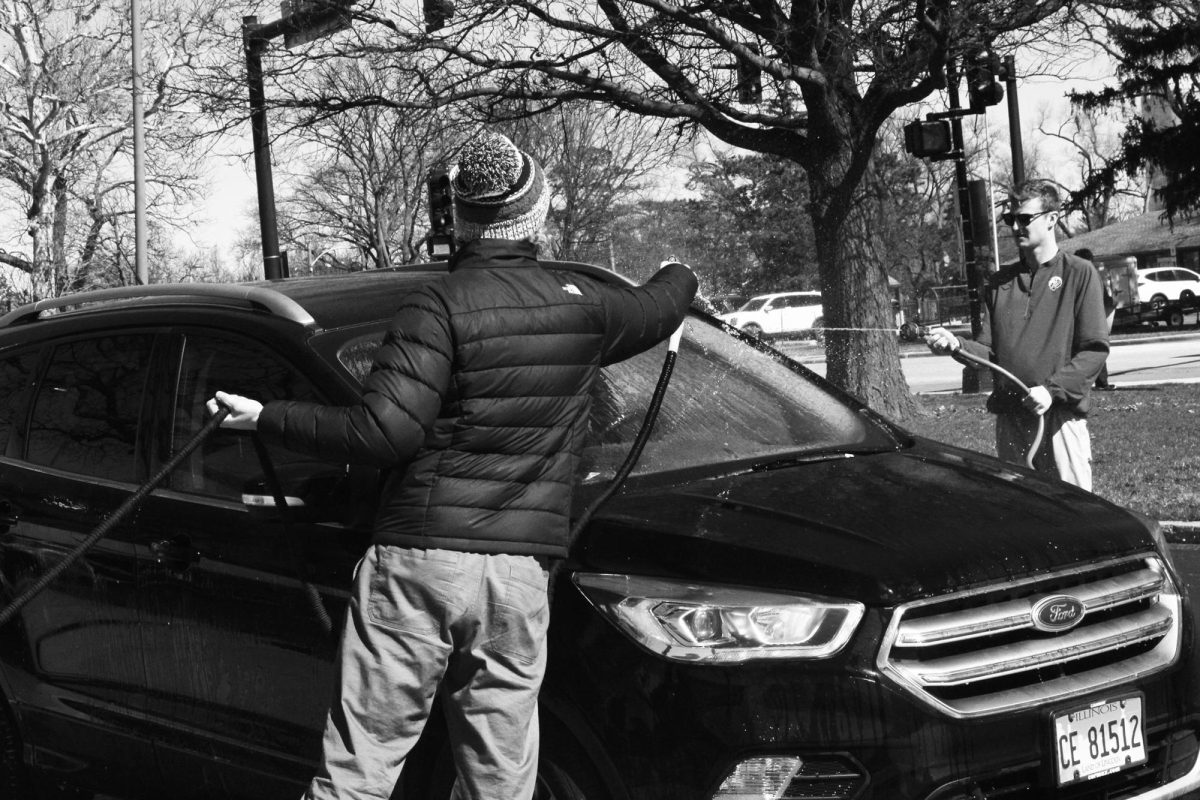

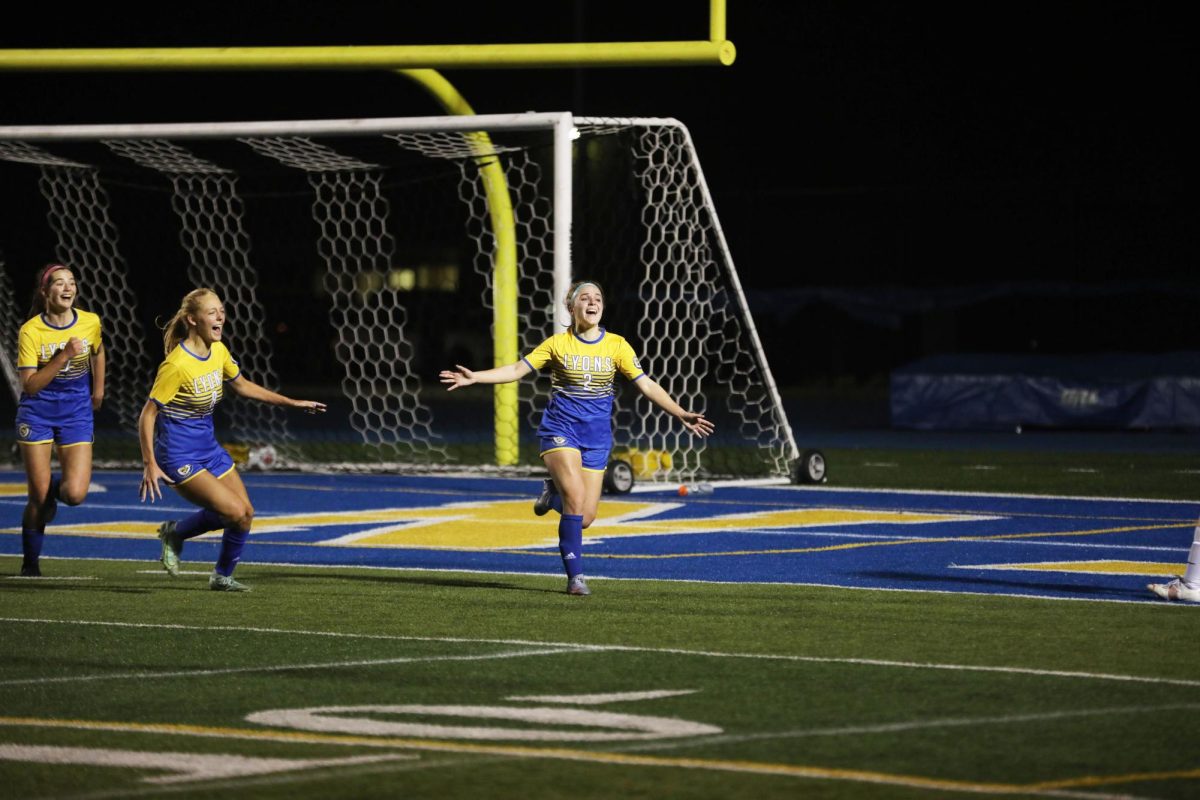


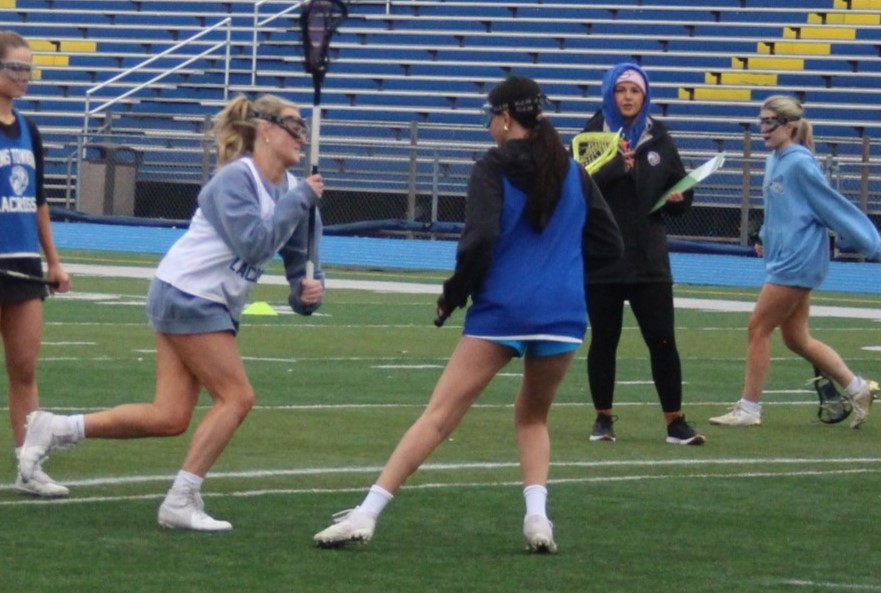

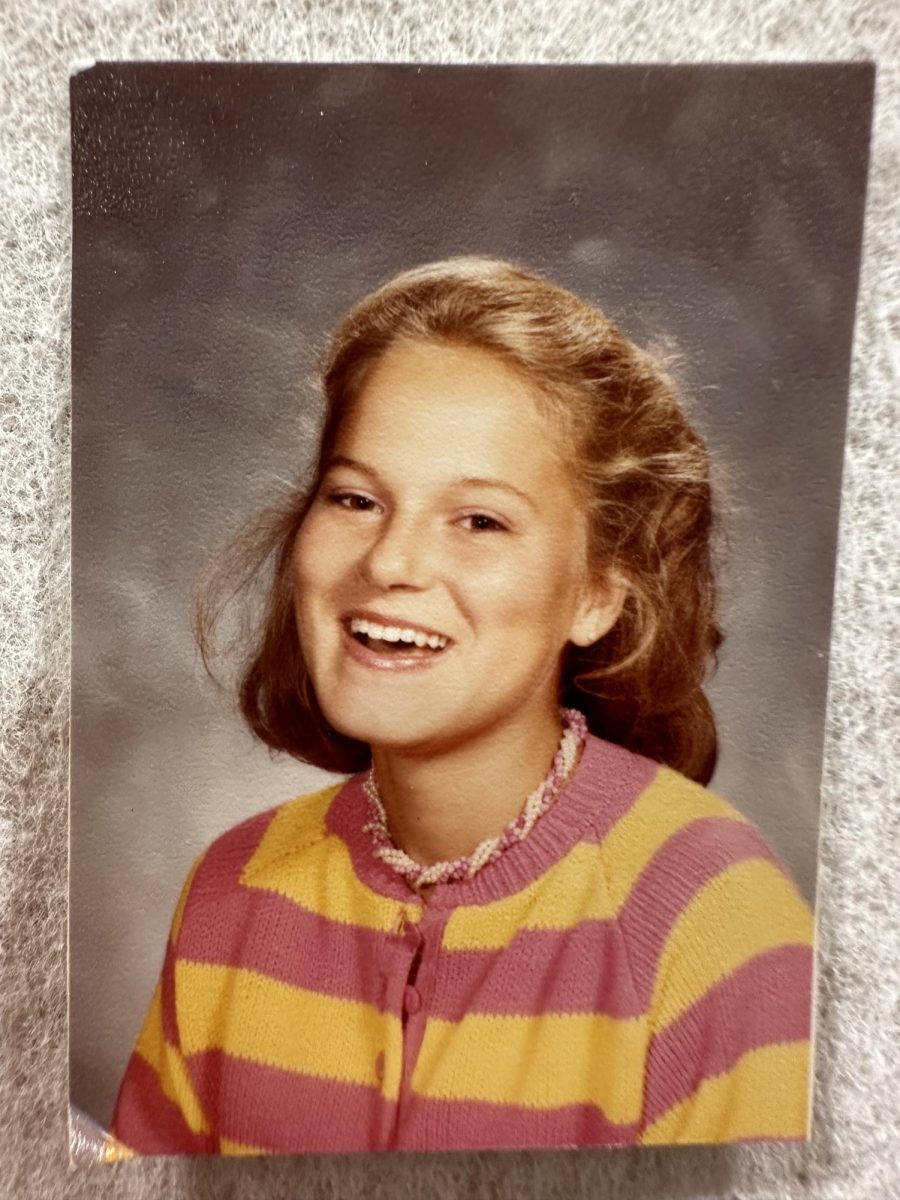
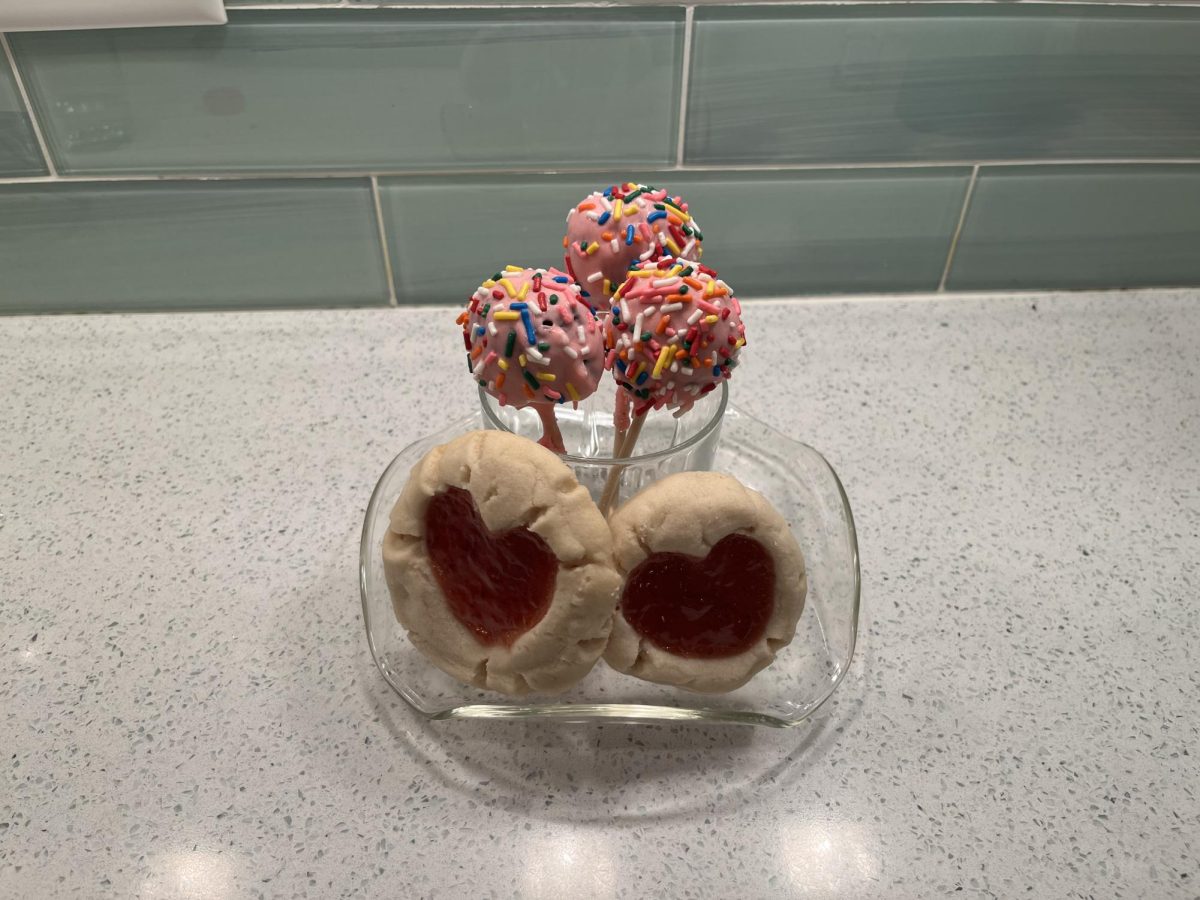




![Movie poster for [Rec] (2007).](https://www.lionnewspaper.com/wp-content/uploads/2023/04/rec-640x900.jpg)

